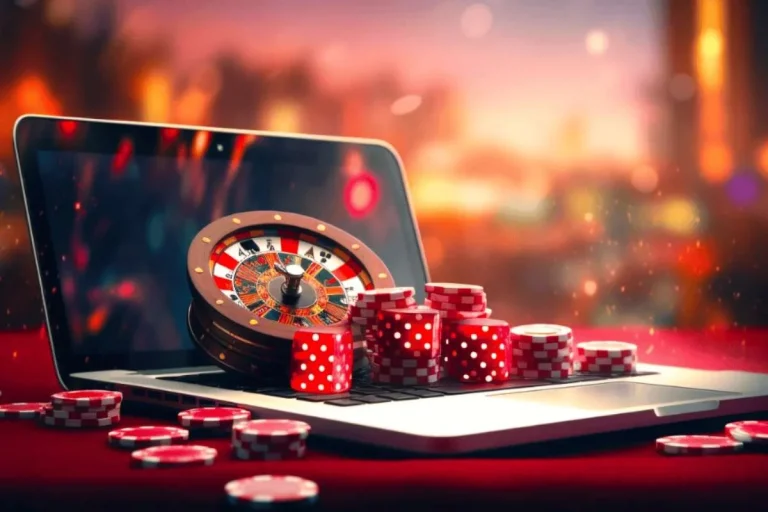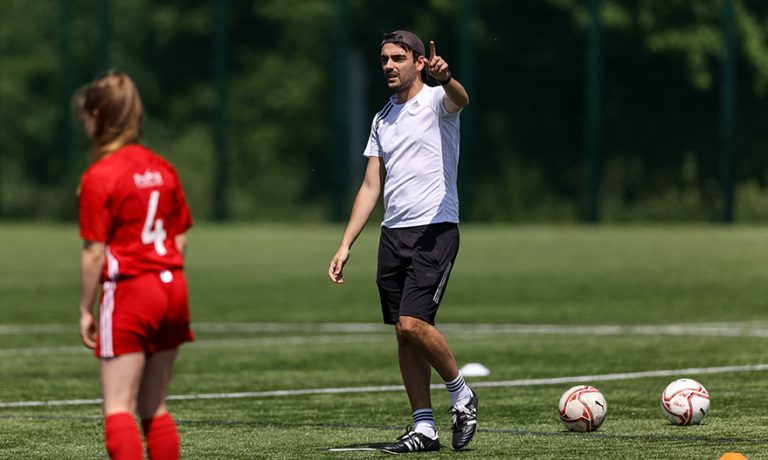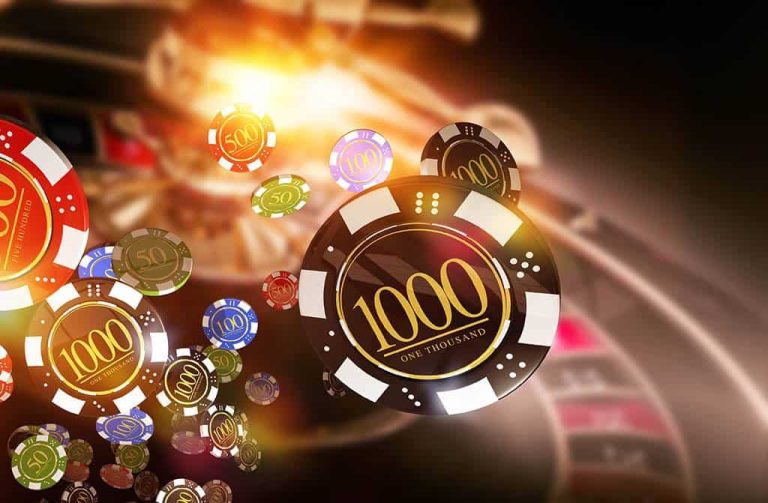How Gambling Influences the Way We Plan Vacations
Travel trends are constantly evolving, and gambling is now one of the key factors influencing how many people decide where to spend their holidays. Casino resorts are no longer just gaming hubs; they are massive entertainment complexes with attractions ranging from five-star hotels to Michelin-starred restaurants. In 2023, Las Vegas welcomed more than 38 million visitors, with over 150,000 hotel rooms dedicated to its thriving tourist economy, showing just how central gambling has become to vacation planning.
Rise of Gambling Destinations
Global hotspots like Las Vegas, Macau and Monte Carlo have built reputations that attract millions each year. Macau alone reported gaming revenues of more than €10 billion in a single year, positioning itself as the “casino capital of the world.” Monte Carlo Casino, open since 1863, continues to be a landmark for luxury travelers, offering games in a historic building that has appeared in James Bond films.
Beyond these giants, destinations like Atlantic City or Singapore’s Marina Bay Sands have turned into magnets for visitors who want a balance of high-end hospitality and entertainment. Resorts in these cities combine more than 3,000 slot machines, luxury suites and nightly shows, ensuring gambling is part of a larger holiday experience.
How Gambling Reshapes Travel Budgets
Vacation planning changes dramatically when gambling enters the picture. Many tourists allocate a specific portion of their travel funds to gaming activities in the same way others budget for excursions or fine dining. Some platforms, such as WildCasino, even highlight strategies for bankroll management that travelers later adapt to real-world trips.
For example, a casual tourist may set aside €200 for casino fun during a weekend trip, while a professional poker player could budget €5,000 or more to cover tournament entry fees. This variation not only determines how much is spent but also affects trip length, accommodation choices and even meal plans.
| Traveler type | Budget focus | Trip impact |
| Casual player | €100–€300 daily bankroll | Shorter casino visits with sightseeing added |
| Competitive player | €1,000+ for tournaments | Longer stays near casino venues |
| Luxury seeker | €5,000+ for suites and gaming | Premium dining and exclusive shows included |
Decision-Making in Different Game Types
Game preferences often shape the rhythm of a trip. Slot players, drawn to the sheer variety of titles—many resorts offer more than 1,200 different machines—tend to dip in and out of play between other activities. Poker players may plan their entire stay around tournament schedules, with major events boasting prize pools of €500,000 or more.
Roulette and blackjack players, who enjoy fast-paced yet strategic experiences, often mix gaming sessions with nightlife. This pattern shows how gaming choices are more than personal preference—they influence the broader structure of a holiday.
Structured and Fast Paced Formats of Play
Vacations centered on gambling reflect two distinct styles. Structured play revolves around fixed events, such as a week-long poker festival, while fast-paced formats like slots or electronic roulette allow travelers to join games at any time.
Casinos cater to both with clever scheduling. For instance, large resorts in Las Vegas run daily blackjack tournaments at set times while keeping more than 100 slot sections open around the clock. This balance ensures travelers can tailor their holiday pace to their gaming style, blending relaxation with high-energy sessions.
Personality Traits Shaping Holiday Choices
Personality plays a major role in how gambling shapes vacation plans. Risk-takers often gravitate to high-stakes tables with minimum bets starting at €500 per hand, pairing the thrill of gaming with adventurous excursions like helicopter tours. On the other hand, cautious travelers may enjoy low-limit tables starting at just €5, combining them with cultural tours or family-friendly attractions.
Planners who like structure often book package deals that include casino credits, dining vouchers and show tickets, while spontaneous tourists might extend a trip after an unexpected win. This interplay between personality and gaming habits explains why gambling vacations feel so individualized.
Broader Impact on the Tourism Industry
Casinos have changed the way tourism markets itself. Resorts now highlight not just gaming but also wellness spas, shopping promenades and live concerts featuring international stars. Marina Bay Sands in Singapore, for instance, is famous for its infinity pool and 2,500-room luxury hotel in addition to its vast casino floor.
Cruise lines have also adopted onboard casinos, offering travelers the chance to play poker, blackjack and slots while sailing. This integration of gambling into mainstream tourism shows that the industry sees gaming as a vital component of modern holidaymaking.
Unique Way of Shaping Memories
At its core, gambling adds an extra dimension of excitement to vacations. For some, it’s the thrill of stepping into a grand hall with chandeliers and roulette wheels. For others, it’s the structured routine of entering a tournament with thousands at stake. Either way, gambling influences the way destinations are chosen, how budgets are set and what memories travelers carry home.
Instead of being an optional add-on, gambling has become a central part of travel culture. It drives economic growth in destinations, inspires resorts to innovate and ensures that many vacations remain unforgettable long after the last spin of the wheel.






